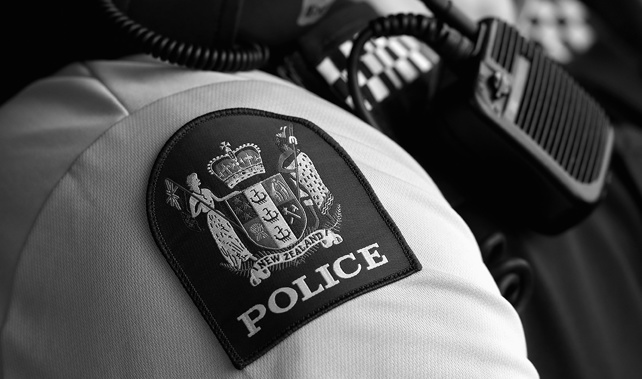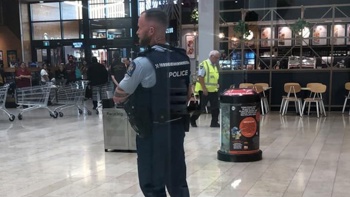
There are substantial inconsistencies in the way police are handing out warnings instead of laying charges, with victims sometimes not consulted and Maori less likely of getting them, the police watchdog says.
The IPCA today released a report which found that although pre-charge warnings had a number of benefits, they weren't always being used correctly, because of the scope for discretion given to officers.
Pre-charge warnings can be handed out to people who may otherwise face charges for crimes with maximum punishments of less than six months' jail and in some regions are used nearly half the time.
The review was ordered after a Bay of Plenty police officer in 2015 complained there had been a "blanket policy" of using the warnings for all offenders that met the criteria.
The authority said the system was an effective way to save police and court costs in cases where there was no public benefit to prosecuting an offender.
But it was concerned that in some cases victims weren't being consulted before warnings were handed out - especially since a warning generally means there will be no reparation.
"The policy needs to be revised to provide clearer direction to officers," authority chair Sir David Carruthers said.
"The views of victims should always be sought and considered in cases where the decision is finely balanced or where reparation is sought."
The report also found warnings were more likely to be given to non-Maori offenders - although it noted a higher proportion of Maori offenders had previous convictions - making them less likely to get a warning.
In Waikato, for example, 55 per of non-Maori offenders qualifying for warnings were given one, compared to just 24 per cent for Maori, and 34 per cent compared to 19 per cent in Counties Manukau.
"While the authority has not come across evidence that clearly demonstrates differential treatment on the basis of ethnicity is happening, the possibility that it could happen is enough to reinforce the need for more guidance on the exercise of police discretion in this area", Sir David said.
Police in the Southern region were significantly more like to give out warnings - with 49 per cent of those qualifying getting one - compared to just 23.25 per cent in Waitemataa where they were the least common.
In a statement, Superintendent Wallace Haumaha said police were reviewing the programme to give better guidance to officers and would have a new plan in place in early 2017.
Take your Radio, Podcasts and Music with you









